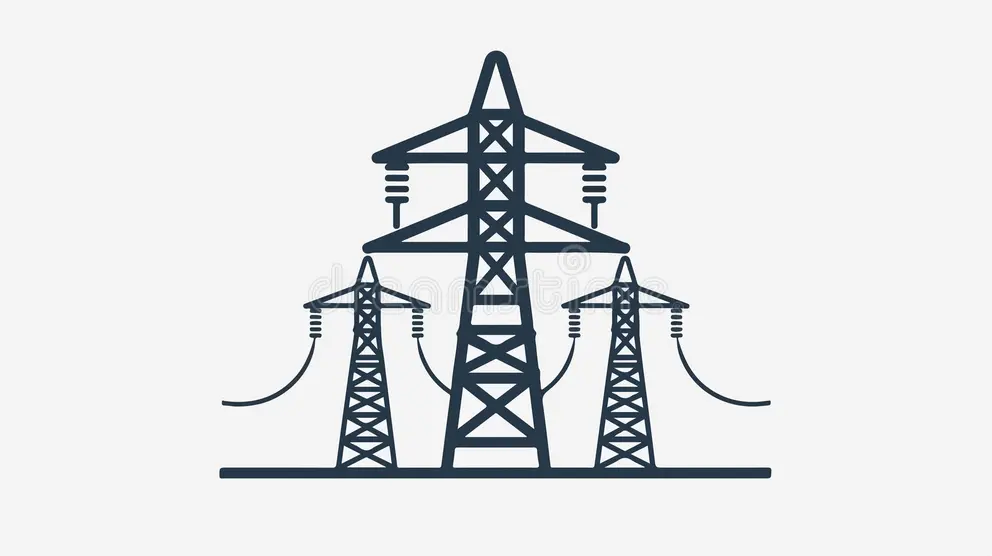CHALLENGES & OPPORTUNITIES
Explore our core focus areas driving grid modernization and regional development. These interconnected components support workforce growth, technological innovation, and sustainable infrastructure across the Carolinas.
Grid Infrastructure & Performance

The U.S. electric grid, a vast and aging system built largely in the 20th century, faces increasing challenges from extreme weather events, cyber threats, and growing energy demands. Modernization efforts focus on upgrading transmission lines, deploying smart grid technologies, and improving grid resilience. Strategic investments in grid hardening and decentralized systems are critical to ensure reliability, reduce outages, and meet climate and sustainability goals across regions like the Carolinas.
Energy Demand & Consumption
The U.S. continues to experience shifting patterns in energy consumption, driven by electrification of transportation, urbanization, and economic growth. While industrial and residential demand remains high, renewable integration and demand response strategies are reshaping how and when electricity is consumed. Regional differences—such as higher air conditioning loads in the Southeast—require flexible, data-driven energy planning. Understanding these dynamics supports smarter infrastructure and informed energy policy.

Demographics & Workforce

Demographic shifts in the U.S., including aging populations, regional migration, and a diversifying workforce, directly affect the energy sector. The Carolinas, with their growing urban centers and rural communities, face both opportunities and challenges in workforce development. Expanding access to STEM education, trade skills, and training programs is vital to prepare a new generation of engineers, technicians, and energy professionals. A resilient grid demands a skilled, inclusive workforce.
Infrastructure Readiness & Connectivity
Modern energy systems depend not only on wires and transformers but also on digital and transportation infrastructure. In the U.S., disparities in broadband access, EV charging availability, and smart city readiness hinder equitable energy transitions. In the Carolinas, expanding high-speed internet, building connected corridors, and investing in electrified transportation networks will enhance regional capacity for smart grid deployment, data analytics, and clean energy innovation.

